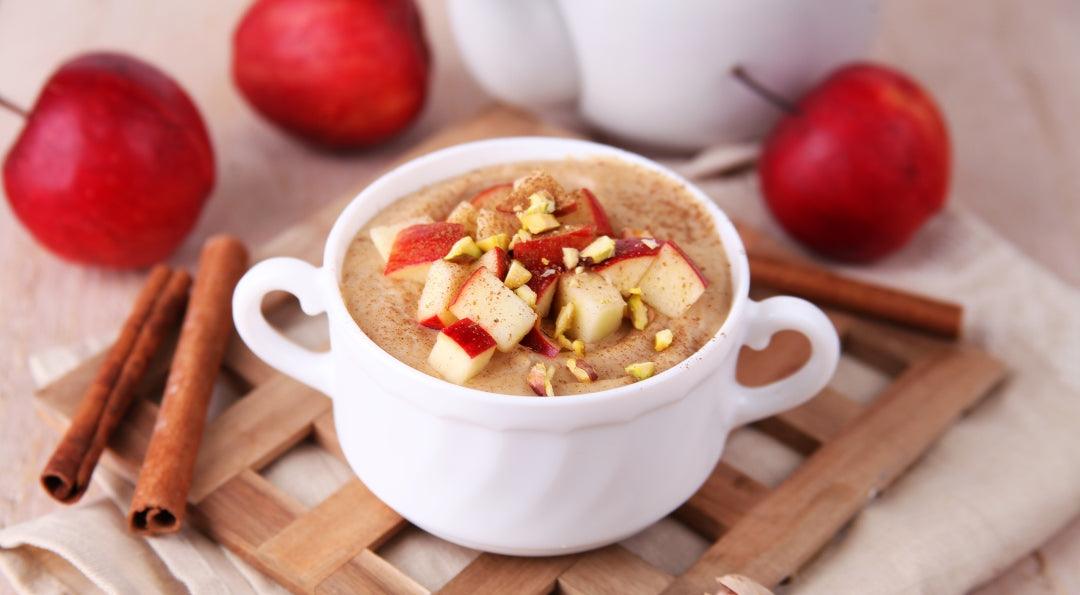
Every year, the Holy month of Ramadan gives us an opportunity to break our routine and provide a nice break to our unhealthy eating patterns and gives our overburdened digestive system a much-needed break. During this sacred month, the rituals of fasting, night prayer and reading the Holy Quran on a daily basis can have a transformational effect on our overall sense of well-being and contentment.
However, now the holy month of Ramadan has passed and we have celebrated Id-ul-fitar with our friends and family, here are 8 tips for getting back health on track.
- Do not stop fasting immediately: Try fasting two days a week after Ramadan. Research has shown the positive effects of intermittent fasting on overall health. This way your body can slowly get back to the normal track. Fasting has also been shown to have a positive influence on physical and mental state.
- A sportsperson should include proteins gradually: You may be having the most advanced version of protein powders before Ramadan, but it is better to start with a low dose or basic version of the whey protein. Gradually within few day/ weeks, you can start having your advanced version soon. This way, your digestive system is not hit by a load of digesting heavy proteins suddenly post Ramadan. Go ahead and buy GNC AMP Amplified Gold 100% Whey Protein Advance.
- Add probiotics supplement in your diet: The irregular meal timings and the excessive consumption of sweets during the fasting period and during the celebrations of Id-ul-fitar may have taken a toll on your digestive system. Try adding a probiotic supplement to your daily regimen to replenish the levels of good bacterial flora in your intestines.
- Drink sufficient water: This year, we have celebrated Ramadan in the month of May. It would have been difficult for all of us. Let’s start replenishing our system with sufficient water to keep us away from dehydration. Make sure to drink a minimum 2 – 3 liters of water every day.
- The 80/20 Rule: Practice the 80/20 rule and eat only until you are 80% full. A good way to do this is to eat slowly, so you are aware of your satiation level while you eat.
- Have small frequent meals: Try regularizing your meals by having small 2 – 3 meals a day. Do not consume too fried or too oily food as that might lead to indigestion.
- Continue consuming dried fruits: Dates were an important part of your iftar and suhoor meal. Continue having dates and other dry fruits as they are both an excellent source of iron, fiber, and antioxidants that protect against harmful free radicals, which are associated with aging.
- Plan your meals: Ramadan is a period where you tend to make a great plan for your entire family’s meal – continue doing that. It will definitely help you in time management and maintaining your health.





